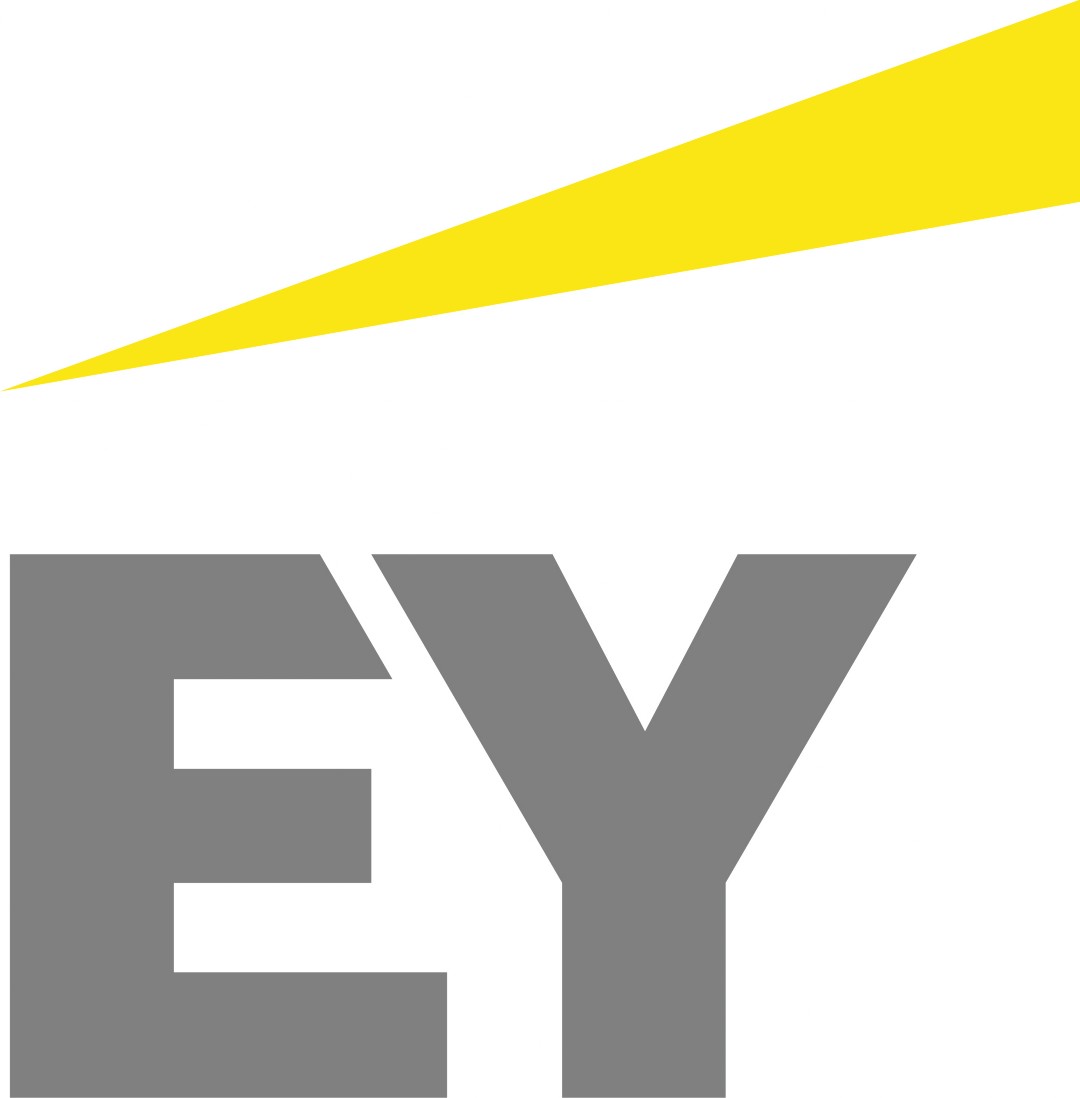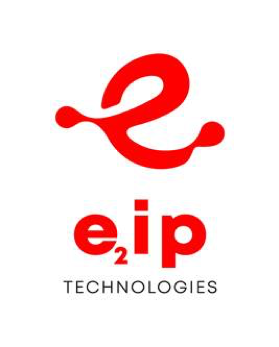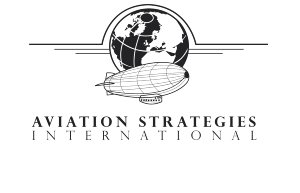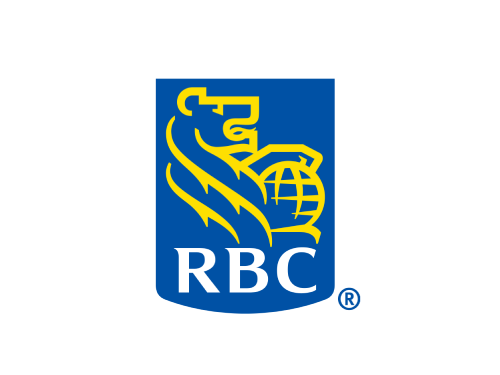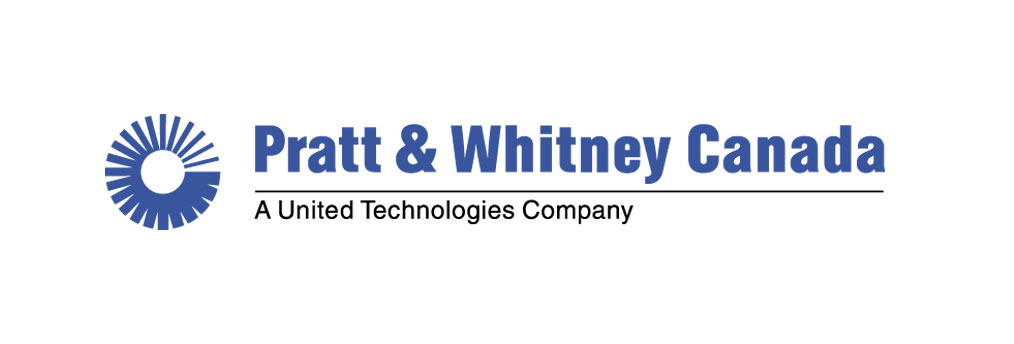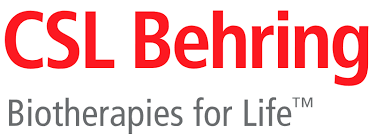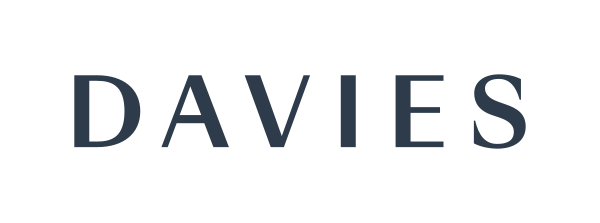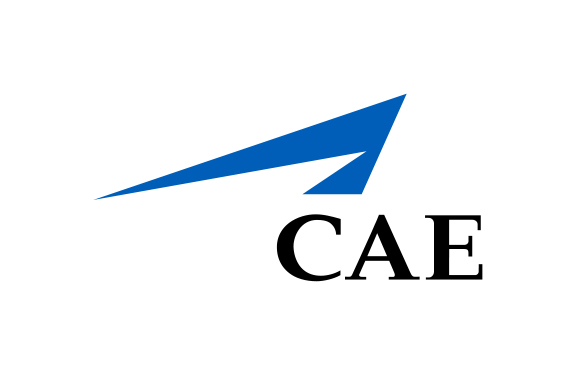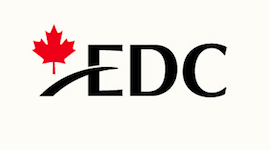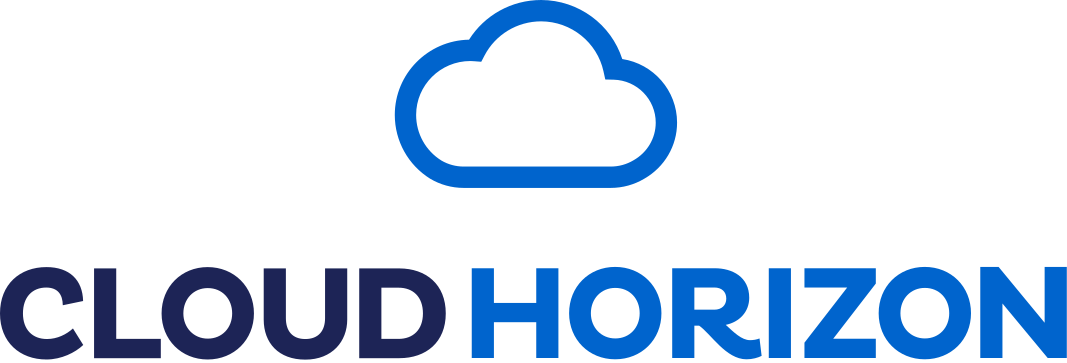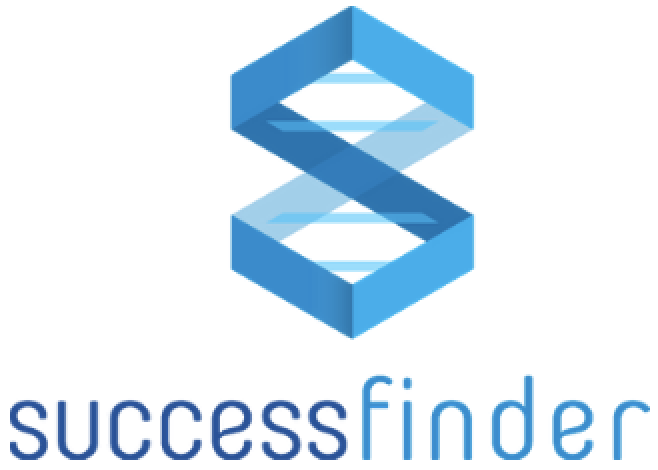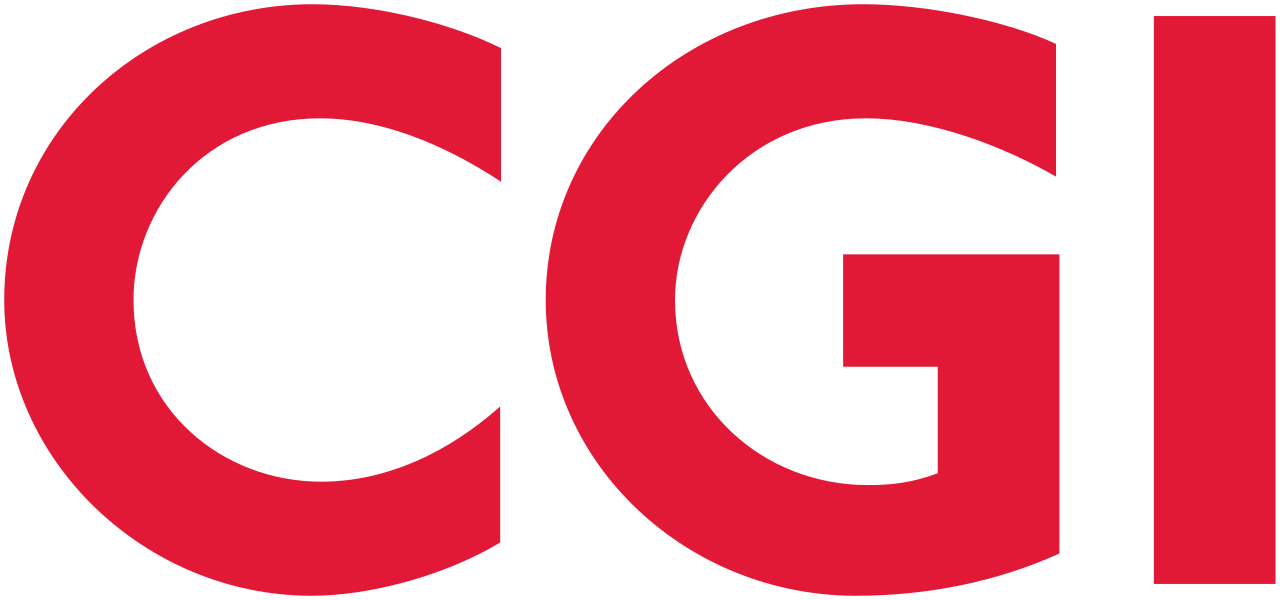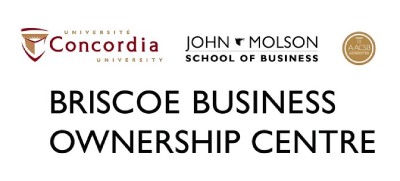Golden Moments at the Silver Anniversary
It couldn’t have been a more fitting anniversary gift. The John Molson School of Business (JMSB) emerged victorious at the 25th edition of its John Molson MBA International Case Competition, January 3-7, winning the coveted Concordia Cup and first prize of $10,000. The JMSB team included students Binh Nguyen, Jason Nelson, Ravindra Sharma, Ivan Soltero and Nasos Makriyiannis, coached by Tim Field, BComm 96, MBA 00.
The Université de Montréal’s Hautes études Commerciales took second place, and Germany’s Universit√§t M√ºnster won third. The victory marks the home team's second win in the competition’s history ‚Äî JMSB also won in 2004. Tim Field coached both teams during his six years as a faculty member. “The Case Competition is the most amazing experience in terms of my teaching career,” he says. “I have the privilege of working with the best MBA students, and to count them as friends once it’s over.”
The University of Tennessee Knoxville and the Indian Institute of Management Bangalore, shared the Richard Outcault Team Spirit Award. The first ever J. Pierre Brunet Coaching Award was given to Alex Faseruk of Memorial University of Newfoundland. It is awarded to the coach who best prepares his or her team and embodies the spirit of the competition. Pierre Brunet handed the award to his long-time acquaintance. Now retired, Brunet taught at Concordia for 30 years and has been both a coach and lead judge. He remains on the competition’s advisory board. “Coaches provide continuity,” Brunet says. “Students and organizers are only here for one year, but the coaches come time and time again.”
“This year is our most international yet, with four continents represented,” says student organizer Anouk Bertner. More than 200 students from 36 countries participated. While there are usually four student organizers, a fifth was added this year.
Each year, organizers raise over a quarter of a million dollars from sponsors and find judges, cases and schools to participate. This is in addition to logistics, from the location and catering to the souvenir program. Bertner adds, “For the first time, we dealt with foreign governments to ensure competitors would receive their visas.
“Participants from China’s Xiamen University were initially denied visas by the Canadian government. Organizers and university administration worked with the Canadian embassy in Beijing to iron the matter out, and the team was in Montreal in time for the opening. The Office of Advancement & Alumni Relations lent organizers special support this year as well.
JMSB dean Jerry Tomberlin, at the closing event, summed up the feeling: “As a student-organized event, the John Molson MBA International Case Competition has long been a jewel in the crown of Concordia. . . . You are all winners just for having been here.”
From small things…
When they organized Canada’s first national MBA case competition at Concordia 25 years ago, Annette Wilde, MBA 82, and Nora Kelly, L BA 72, MBA 88, only wanted to create an Ivy League-calibre contest. “Harvard had a competition, but it wasn’t international, and we didn’t have one of our own, so we mimicked theirs,” Wilde says. “Back then, our plan was to compete with Harvard ‚Äî or to outdo them completely.”
In the fall of 1981, the two MBA students started to piece together what has since grown into the John Molson MBA International Case Competition. They compiled cases, found judges and secured university approval, space and sponsors, no simple task in those times, Wilde says. “This was the year of the first referendum, so there was this mass exodus of companies that all went to Toronto.”
Wilde, who is now a director at Toronto property management firm Planimetron, says they invited every school in Canada with an MBA program to compete in the bilingual competition. Five accepted: the Université du Québec à Montréal, Université Laval, McGill University, the University of Ottawa and the Université de Moncton. That year, McGill and UQAM shared first prize.
Kelly, now New Brunswick’s Deputy Minister of Health and Wellness, recalls the enthusiasm of the participating schools. “The team from l’Université de Moncton arrived at the competition in a nice car, smoking cigars. This left a great impression on us.”
The next year, the number of teams rose to 16. The competition went international in 1992 when two teams from the United States and one from New Zealand took part.
Since its inception, the competition’s format has changed little, but the technology employed has changed a lot. “We didn’t have word processors to type out the responses. You had to get it into the typists’ pool so they would have time to turn it around,” Wilde says.
The 2006 John Molson MBA International Case Competition was held January 3-7. Each annual competition runs this way: each morning, 36 teams of four students receive the case for the day, a document describing real-life problems faced by a company or institution, selected by the case competition’s board of directors. Normally, a case demands a comprehensive and lengthy analysis before a presentation, but here students have an intense three hours to read it, break down the problem into fiscal, internal, external or other factors, select the best possible ways of addressing the problem and prepare the presentation transparencies. The process concludes with a head-to-head battle as two teams present their cases before a panel of judges drawn primarily from the local business community. Each team presents five cases in the round-robin competition, which whittles 36 teams down to nine for the semi-finals. Three proceed to the finals, from which the winner emerges.
As an early sponsor, Alcan donated a trophy in the shape of a Canada goose. The Royal Bank donated $5,000 for the final banquet. There are now more than 200 students from 36 countries on four continents involved, as well as dozens of judges and other volunteers.
As Nora Kelly says, “It takes a lot of hands and imagination to grow an idea.”
MBA teams take the high wire: three hours for Cirque proposal
If only for a few hours, competitors in the John Molson MBA International Case Competition got to join the circus. The Cirque du Soleil was the big name behind this year’s live case.
Marc Gagnon, vice-president corporate services of the renowned Montreal troupe, briefed competitors on their mission: to decide whether or not the company should diversify its ventures to ramp up profits, and if so, how.
Students had three hours to formulate a business plan and design their presentation using acetates. “There’s no PowerPoint, no jazz, just the solutions,” says student organizer Anouk Bertner. The live case is particularly thrilling, because participants get to wrap their minds around a real-life business quandary. Last year, Al Spain, senior vice-president of operations of Jet Blue Airways, gave students the task of expanding his small company without sacrificing its soul. As with the other cases, teams have 25 minutes to present their business plan before the judges grill them on it.
Gagnon says the Cirque floats several cases at similar competitions around the world. “The main reason we come is to get an idea how MBA programs are growing in terms of the way they think.” Teams devised a plan with the Cirque’s commitment to creativity and its desire to give back to the community in mind.
“You can’t keep creativity in a box. It would be like trying to capture moonlight,” said JMSB team member Ivan Soltero during that team’s presentation. They favoured aggressive diversification with the development of Cirque-themed television shows and circus camps for children. For the 18 to 30 crowd, they proposed a new brand, Cirque de la Lune, with theme clubs in cities around the world. “It’s a party at night. It’s darker, passionate and sexy,” Binh Nguyen added.
Participants from the Indian Institute of Management in Bangalore also targeted the youth market, and suggested bringing the Cirque to the massive Chinese and Indian markets it has not yet explored. Before visiting Montreal, they had never even heard of Cirque du Soleil. “We come without having any bias. That gives us a fresh perspective,” team member Bijesh Vijayen said.
Did Gagnon expect to find answers that the company could use in the future? “That’s the million-dollar question,” he laughs, after watching two presentations. “They discussed some ideas we’ve been considering, and some we’ve decided against. There’s no right or wrong answer: It’s how you arrive at it.”
If you have any comments about this article, contact Howard Bokser, (514) 848-2424 ext. 3826, Howard.Bokser@concordia.ca.

